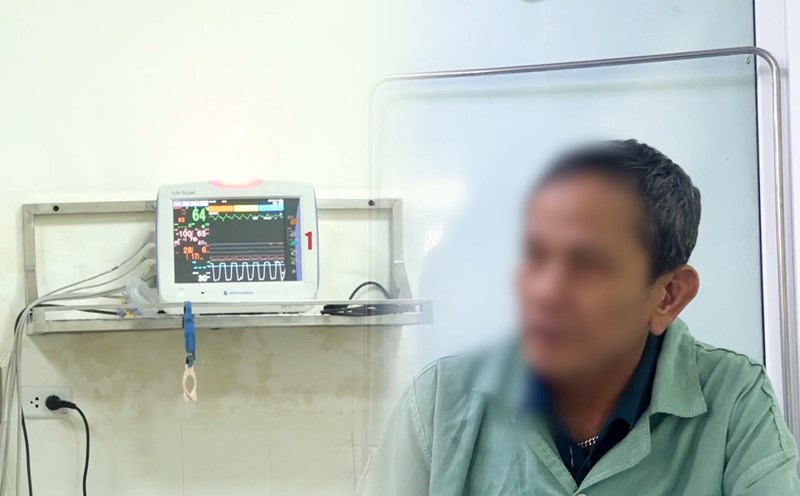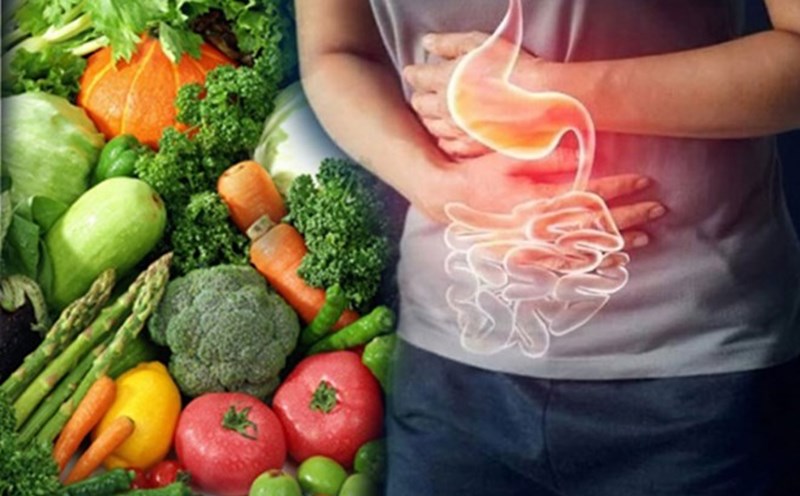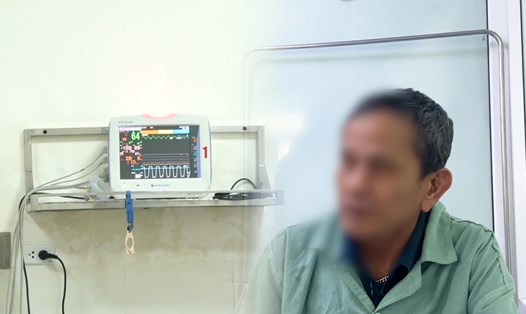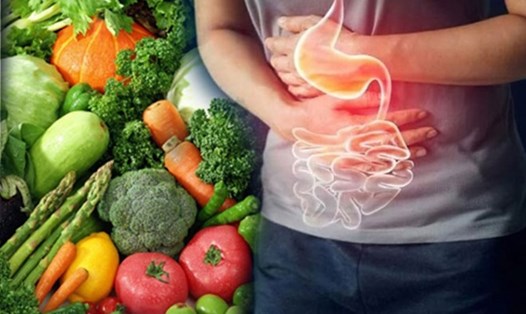What causes E. coli infection?
Undercooked or contaminated meat
Bacteria commonly live on the surface of meat, especially raw meat, which can cause E. coli infections. According to the World Health Organization (WHO), E. coli is more common in ground meat than in regular meat. The bacteria contain a toxin called Shiga-toxin, which can grow at temperatures ranging from 7 to 50 °C.
Contaminated fruits and vegetables
Another cause of E. coli infections is eating uncooked fruits and vegetables. According to a study in the International Journal of Microbiology, raw vegetables such as tomatoes, onions, and peppers are common causes of E. coli outbreaks.
Polluted water
Drinking unclean water or drinking too much water from swimming pools can also be a cause of E. coli infection. According to a study published in the American Journal of Tropical Medicine and Hygiene, water is considered contaminated with E. coli when there is at least 1 colony-forming unit of E. coli per 100 ml of water.
Direct contact
In rare cases, E. coli infections can spread from person to person through close contact. They can be caused by bacteria found in feces, especially in hospitals or daycare centers.
What to eat/drink to treat E. coli infection?
Drink enough water
If you have an E. coli infection, try to drink at least 8 to 10 glasses of water a day. If plain water is not your thing, you can also drink an oral rehydration solution to help replace electrolytes lost through diarrhea.
Avoid dairy products
Cheese, ice cream and yogurt may be major causes of E. coli infections in humans, according to a study published in the journal Veterinary World.
Avoid eating undercooked meat and vegetables
If you have an E. coli infection, you should absolutely avoid eating raw meat and raw vegetables because they can contain harmful bacteria. In addition, you should not eat any unwashed fruits and vegetables.
Maintain hygiene
Washing your hands thoroughly with soap and water before preparing or eating food is essential. Avoid sharing utensils, towels, or bedding with others to prevent the spread of E. coli infections.











